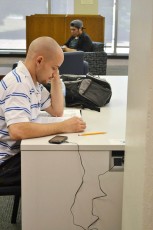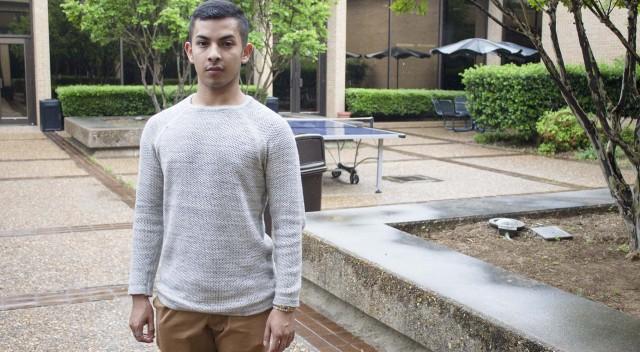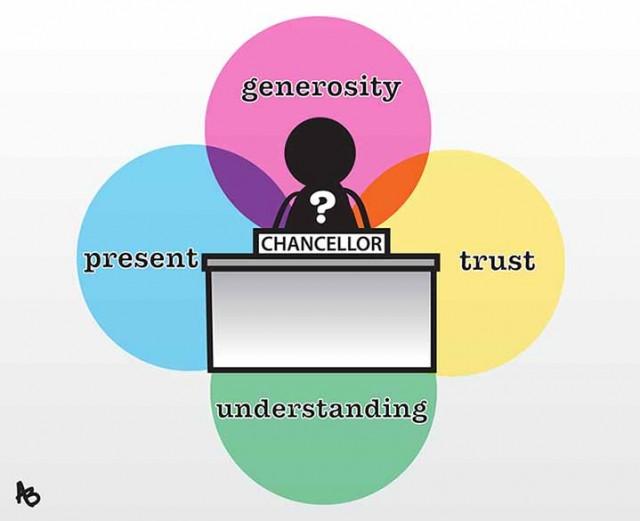By Mit’Chell Lee/ reporter

Collegian file photo
Many people don’t realize the major and minor things that stress does, a SE on-call counselor said March 31.
“Stress is very important to be aware of,” Divya Patel said.
Patel showed videos and slideshows on stress and gave quick assessments so audience members could see how high their stress levels were.
Various physiological and medical problems such as anxiety, insomnia and Alzheimer’s contribute to stress.
During the videos, students saw that 33 percent of people have acid reflux disease and 25.8 million have diabetes.
One out of two men and one out of three women will develop cancer during their lifetime, according to the American Cancer Society.
Most of all, the video pointed out how stress puts an extra strain on the heart and increases blood pressure. One American dies every 40 seconds from cardiovascular disease.
Some long-term effects are mental difficulties and low libido. About 6 million women have difficulty getting pregnant, and some men also have fertility problems.
Difficulty concentrating, increased worrying, short temper and headaches such as migraines are common indicators to look out for, Patel said. Others include tight muscles and changes in eating or sleeping habits.
“But these can also be indicators of something else, so don’t self-diagnose anyone,” she said.
Students should see a professional if they notice various problems going on with themselves or anyone else, Patel said. Between 60-80 percent of people go to health care providers to deal with stress.
“Stress becomes very noticeable,” she said.
She gave the premature aging of former and current U.S. presidents as an example.
“You have to find different ways to deal with stress,” she said.
Audience members shared how they deal with stress, including taking a nap, listening to relaxing music or going for a walk.
Others mentioned forms of exercise, like cardio or yoga, or relaxation strategies, like meditation and deep breathing.
Patel illustrated muscle relaxation, which also involves meditation. She put on Zen music and said one should tighten a certain muscle on the body for a few seconds then release it, relaxing it. While tightening that muscle, one should relax the mind, breathe in deeply and exhale slowly.
“To do the whole body is about 30 minutes to an hour,” she said.
Patel offered one last piece of advice for stress relief.
“Make time for yourself. That is the most important thing,” she said. “And avoid all the negativity around because stress is like a snowball. It builds up. So dealing with stress on a daily basis is vital.”



























